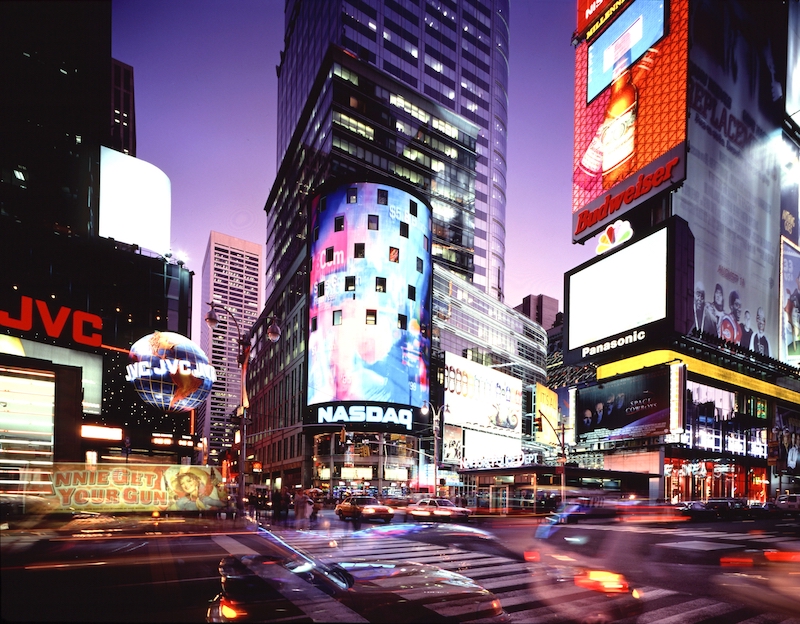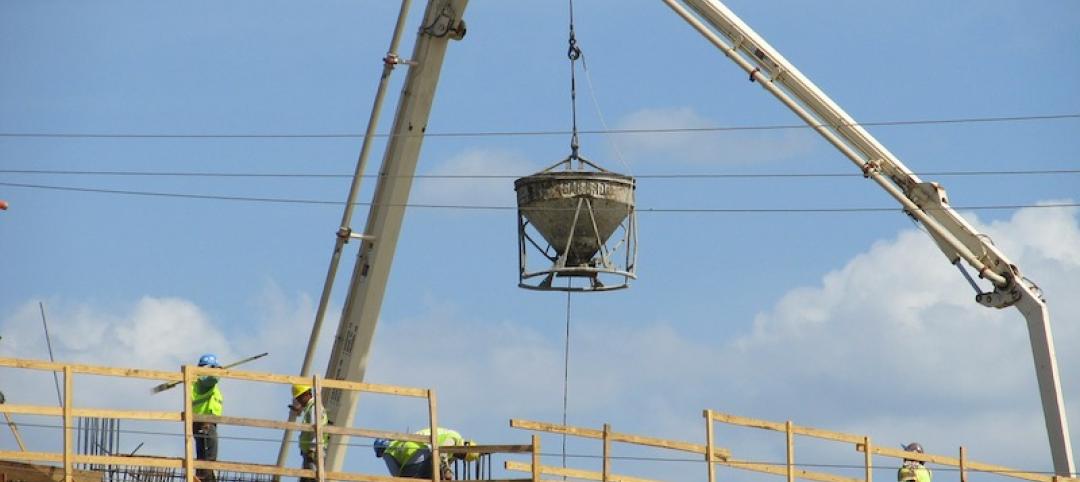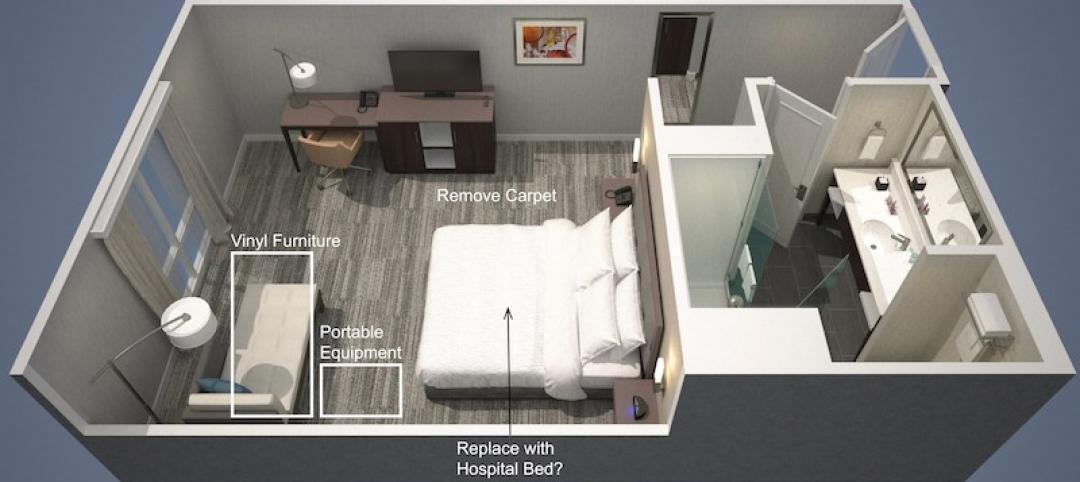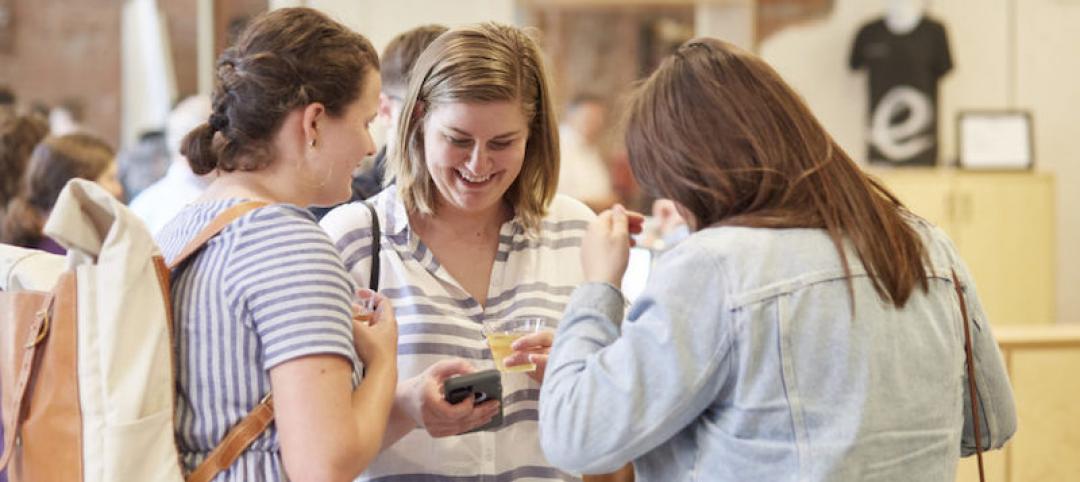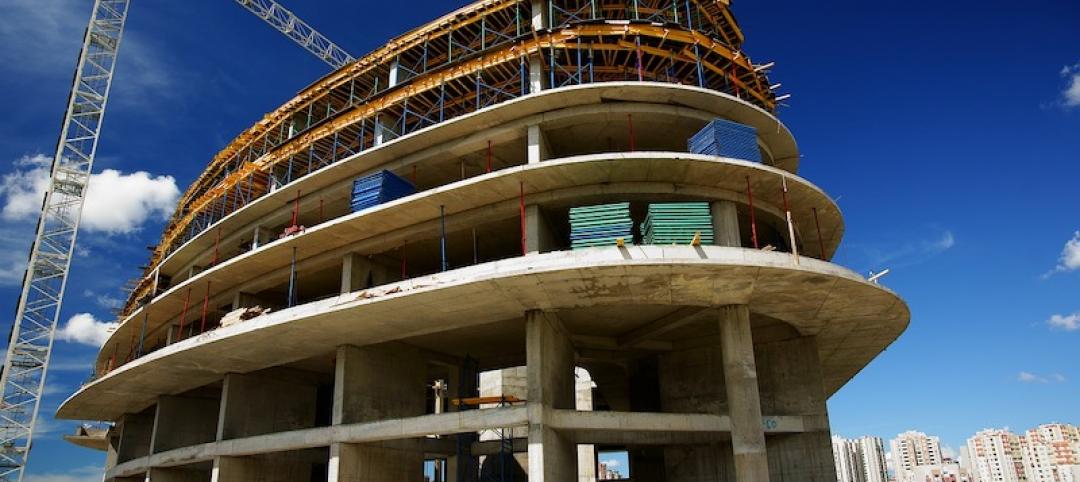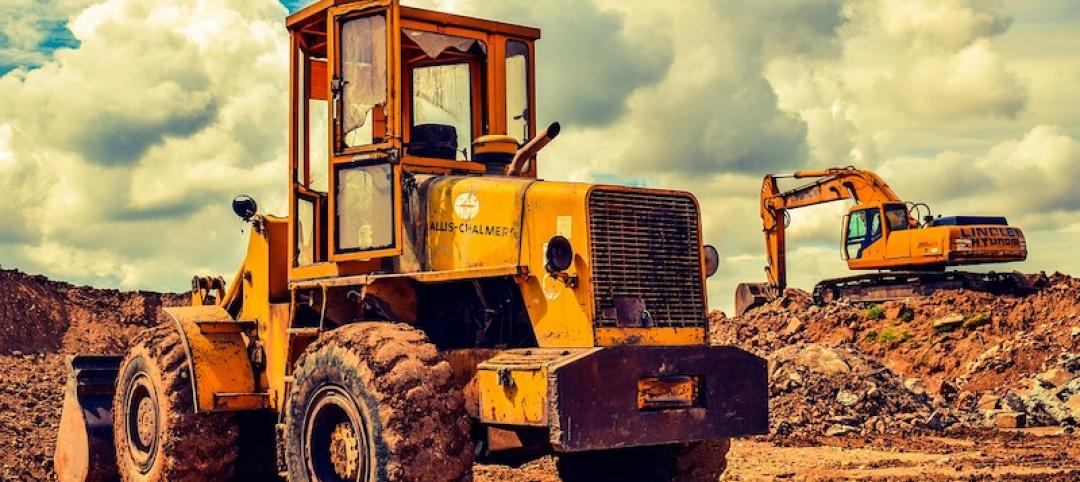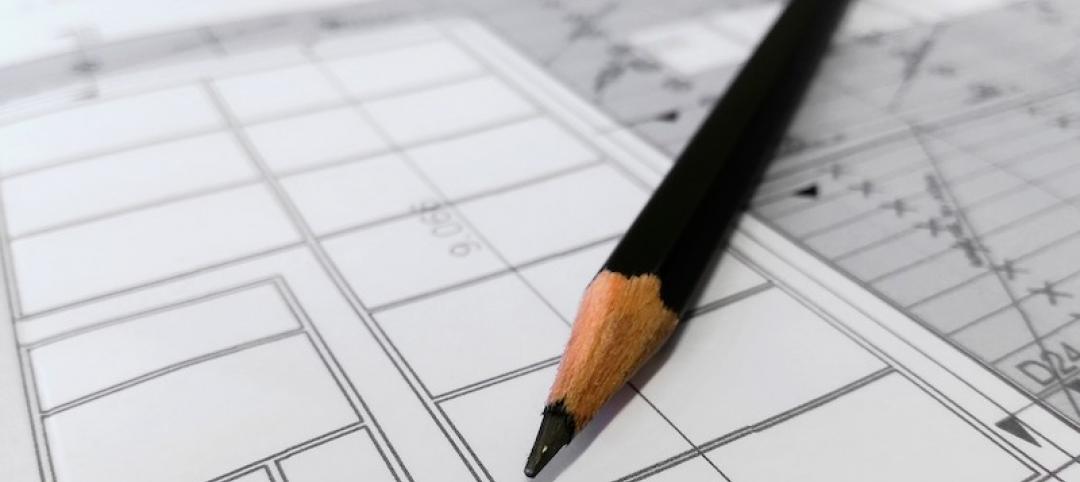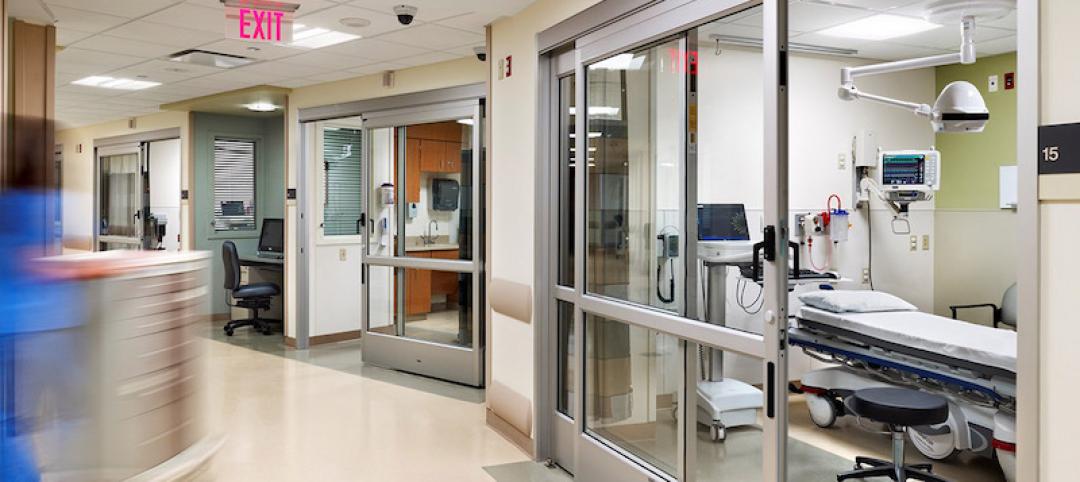During this unprecedented time, we find ourselves wondering if the things we love about living in cities are going to be completely upended, or change forever. If we follow the guidelines for social distancing, we can flatten the curve of this terrible virus in the short term, while still benefiting from being an urban citizen. And in the long term, we believe that the benefits of living in cities far outweigh any adjustments we make to stay healthy and safe.
On a purely functional level, working from home has been a fairly seamless transition for many of us. Supported by amazing, powerful technology, we continue to do what we do: write, calculate, draw, communicate, and create. Productivity isn’t the core problem; it’s the abrupt physical distance from our colleagues, friends, and even family members that is more disruptive.
Density may make it easier for the virus to spread, but let’s not forget that cities are in many ways the heart of society, and a springboard of big ideas, inventions, art, and culture. That’s because cities have a unique spatial and social ecology. During this time of isolation, it’s reassuring to be able to look out the window and see people walking their dogs or delivering groceries, or even just to hear our neighbors’ footsteps around us—things not always possible in the suburbs or country. Simply being in relatively close proximity to a community of people (even while staying home) can have psychological and logistical benefits.
The concentration of urban life can help us overcome feelings of isolation, anxiety, and depression. In the aftermath of 9/11 and Hurricane Sandy, New Yorkers pulled together without government directives, spontaneously looking out for one another, and offering help to strangers as easily as we did friends and neighbors. Today, we hear countless stories of kindness, ranging from people doing errands for elderly neighbors to 3D-printing face shields for medical workers to holding impromptu morale-boosting singalongs from tiny apartment balconies.
The resilient nature of the city itself and its residents is symbiotic and allows us to come back stronger than ever before. While we respect our six feet of separation, we continue to communicate—sometimes even more or better than we did before. We may have temporarily lost physical contact, but we have not lost the bonds of our community. In these troubling times, it’s uplifting to think of how applying that can-do attitude to other crises, such as climate change or homelessness, could result in a better world for cities and beyond.
Related Stories
Coronavirus | Apr 1, 2020
February rise in construction outlays contrasts with pandemic-driven collapse in March as owners, government orders shut down projects
Survey finds contractors face shortages of materials and workers, delivery delays and cancellations.
Coronavirus | Apr 1, 2020
Green cleaning and the coronavirus
If your cleaning teams use bleach to disinfect buildings from Coronavirus, will you put your LEED certification at risk?
Coronavirus | Mar 31, 2020
As cities scramble for hospital beds to treat COVID-19 patients, Leo A Daly offers a hotel-to-hospital solution
The firm has devised three conversion models, for different levels of healthcare required.
Coronavirus | Mar 30, 2020
Your turn: Has COVID-19 spelled the death knell for open-plan offices?
COVID-19 has designers worrying if open-plan offices are safe for workers.
Coronavirus | Mar 30, 2020
Learning from covid-19: Campuses are poised to help students be happier
Overcoming isolation isn’t just about the technological face to face, it is about finding meaningful connection and “togetherness”.
Coronavirus | Mar 30, 2020
COVID-19 innovation: Setting parameters for hotel-to-hospital conversions
tvsdesign breaks down different room types and how they might help free up hospital beds for coronavirus patients.
Coronavirus | Mar 30, 2020
New Department of Homeland Security guidance clarifies construction's role in supporting essential critical infrastructure
Construction officials say new federal guidance should signal to state and local officials the need to allow construction activity to continue, or resume, during coronavirus-related work stoppages.
Coronavirus | Mar 27, 2020
Sharp jump in owners cancelling or delaying construction projects across the country, new survey finds
After 42 states added jobs in February, coronavirus is taking a swift and severe toll on the industry, prompting association officials to call for additional measures to help workers and firms recover.
Coronavirus | Mar 27, 2020
Covid-19 stalls demand for design services
Two thirds of architecture firms report slowing or stoppage of projects due to COVID-19.
Coronavirus | Mar 26, 2020
It’s not if, but when: Designing healthcare spaces that support pandemic response
What can we learn from Singapore’s response to COVID-19? How does it impact the next generation of hospitals?


